Instructing the Pandavas on his deathbed, the patriarch of the Mahabharata, Bhishma, told them that a basic tenet of statecraft is that for a kind 'No one is his friend, no one his enemy. Circumstances make enemies and friends' (Cover illustration). This axiom was formulated millennia before Lord Palmerston's oft-quoted one-that states do not have permanent friends or permanent enemies but only permanent interests-became conventional wisdom.
Inheritors of such wisdom in realpolitik of Bhishma and chanakya, today's political class of India has, however, little interest in India's security and its role in international politics and economics. This is evident in the way defence budgets are voted in Parliament without debate year after year and in the way various reports such as that of the Kargil Review Committee and the subsequent one on reforms in national security system by the Group of Ministers were totally ignored. Neither was the Nuclear Doctrine debated nor has there been a demand for an enquiry into the attack on Parliament House on the lines of the 9/11 enquiry in the United States.
K. Subrahmanyam has been a longtime advocate of proactive policymaking in the strategic sphere. This collection of essays based on his numerous writings in the decade before the Shakti tests (1998) constitutes both a commentary on and a critique of India's defence policies, policymaking processes and the nation's responses to various international developments.
The forty-three essays covering a wide gamut of issues bearing on national security are divided into six parts. Part One, relating to the Indian strategic perspective, starts with the provocative question whether India does in fact have a strategic perspective and cogently puts forward the view that, probably, it has non. Matters relating to the security structure are discussed in the ensuing essays. Part Two, relating to nuclear matters, highlights the harsh realities that typify the world of nuclear quest and denial as background to presenting the fact and justification of India's nuclear quest.
Part Three highlights and analyses the major events of the decade of the 1990s, such as the Gulf War, break-up of the Soviet empire, and the happenings in China.
Part Four focuses on major bilateral relations of interest to India, such as with Pakistan, China and the US, besides China-US and Japan-US relations.
Part Five deals with likely future threats, both military and non-military, including the often neglected ecological aspect and population movements. Of particular interest would be the author's handling of the subject of terrorism and the related aspects of corruption, narcotics, and the jihad phenomenon.
In Part Six, Reflections, the author shares his views on various issues of perennial interest bearing on Indian security while also philosophizing on matters that concern the reshaping of the world. Readers may find particularly enlightening his pragmatic approach to the illusory disarmament dividend. Those among the author's acquaintances who have always seen him as a 'hawk' may find revealing his reflections on the ultimate futility of war as a means of resolving conflict.
Observant readers would not that many of the recommendations on the decision making process suggested in this book have been formally proposed for implementation by the group of Ministers.

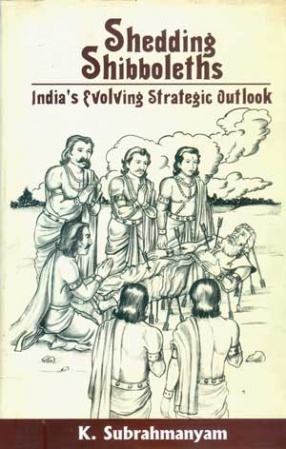
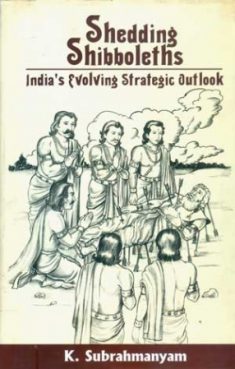
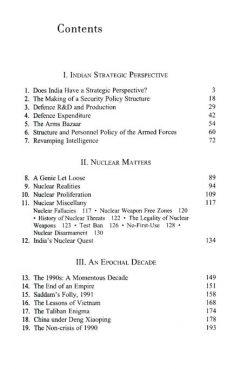
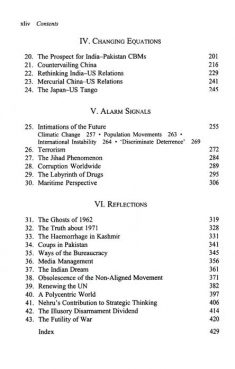
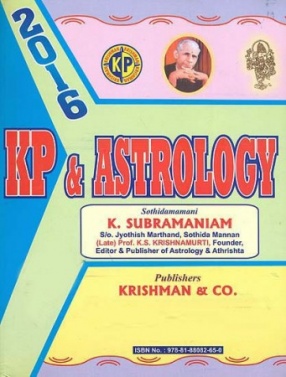
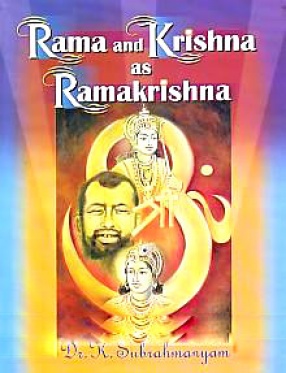
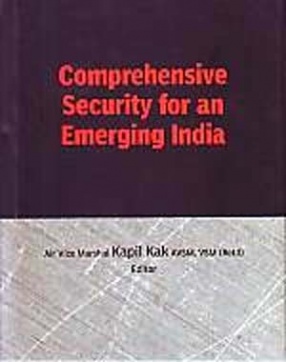

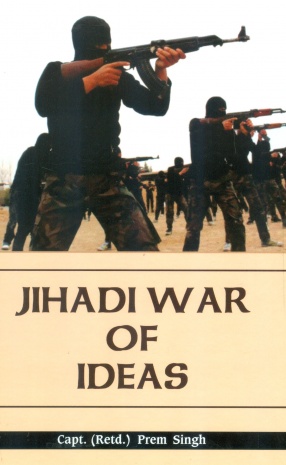
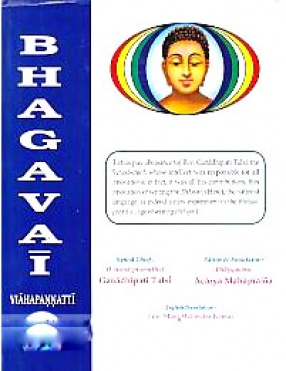
There are no reviews yet.